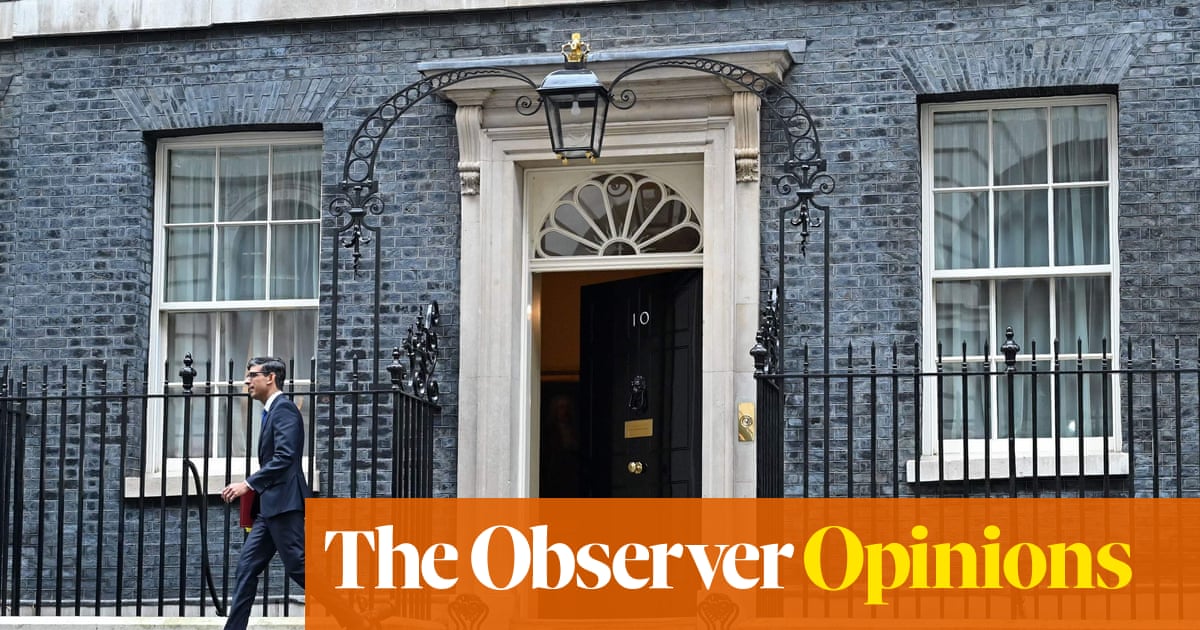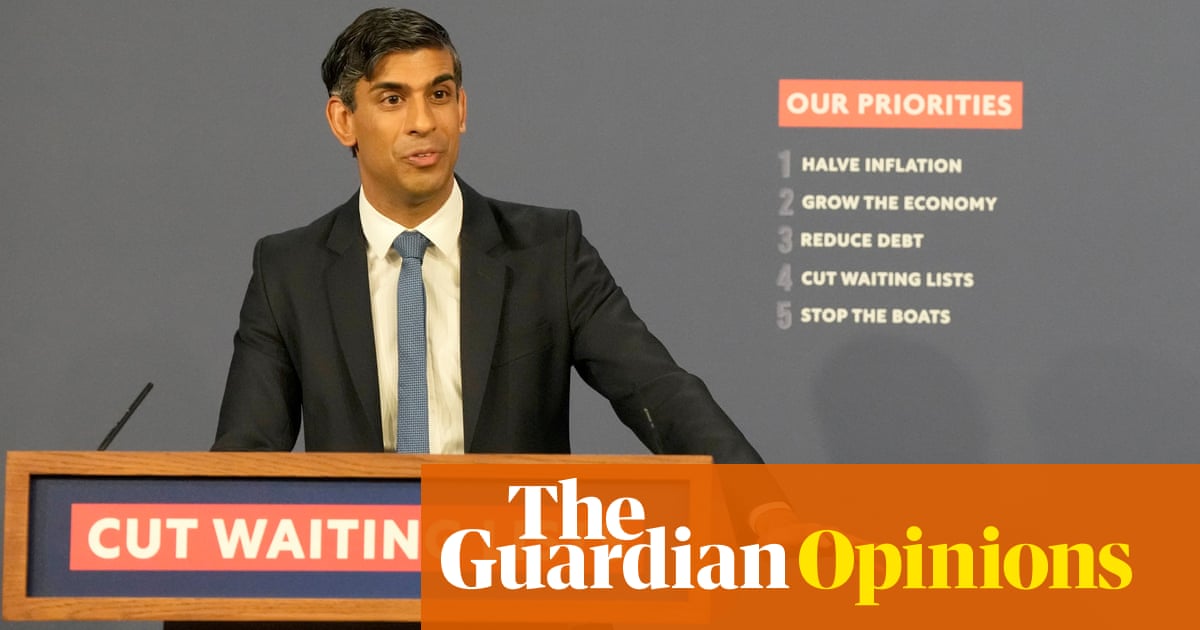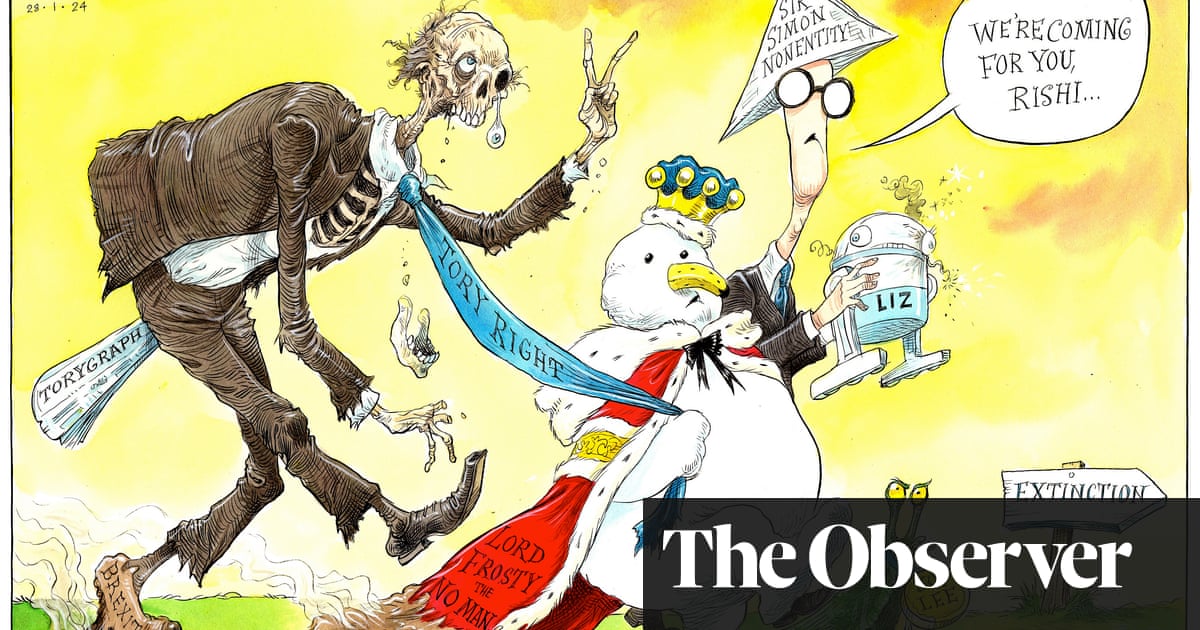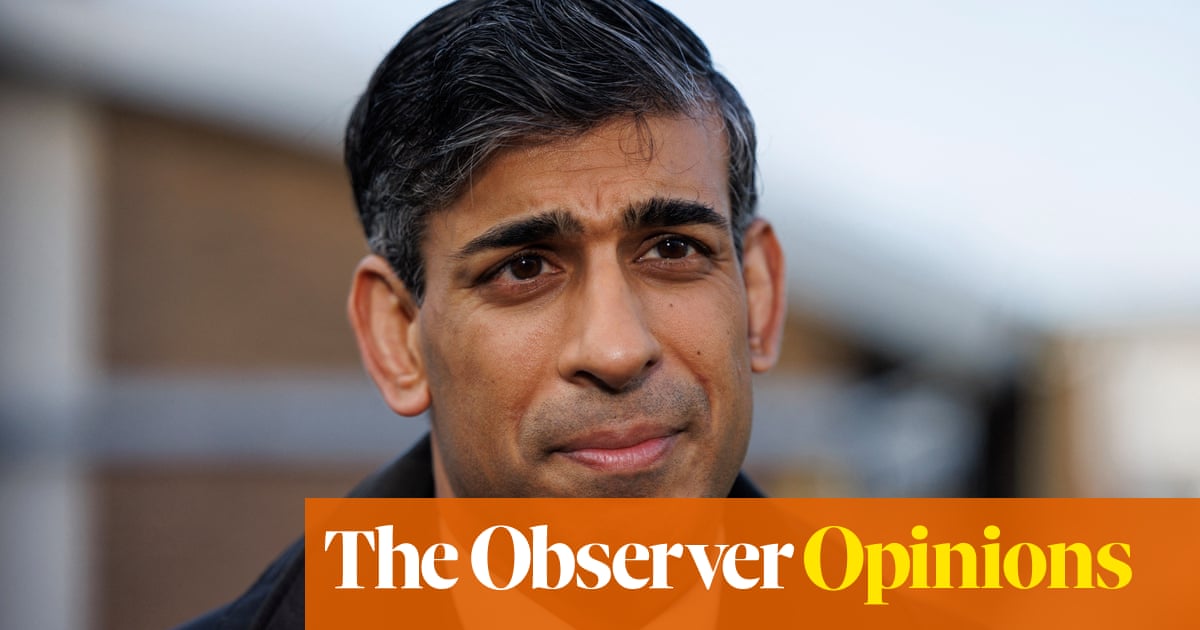
oris Johnson is an optimistic politician. He prides himself on his ability to cheer people up. But even the most devoted optimist would struggle to find any upside to a global pandemic that has forced the UK into indefinite lockdown and shelved all of his grand plans for power.
Government these days is a series of endless meetings about coronavirus. Each meeting brings with it more bad news and problems to overcome – with no end in sight.
As the prime minister reluctantly brings in draconian measures, reports suggest that under-strain cabinet ministers have now turned their ire on one another – competing for promotion as the “chief executive” of government. The news that Dominic Raab is the “designated survivor” should Johnson fall ill is said to have gone down like a cup of cold sick with his rivals.
Scratch the surface and it’s clear that behind the scenes all is not rosy. A team that believed their greatest challenge was delivering Brexit now finds itself having to contemplate mass burials and moral dilemmas such as the age cap for use of a ventilator. Ministers look back on the days of Brexit wars with rose-tinted glasses – that at least was a crisis in which you could go to the pub. Even those few who worried about the possibility of a pandemic were not prepared for what has come to be.
The big decisions are no longer made at cabinet. Instead, the action takes place at Cobra, the subcommittee – and the prime minister’s morning meeting. The ministers who attend – or join remotely – are the ones who are most trusted in a time of crisis by No 10: Dominic Raab, Michael Gove, Matt Hancock and Rishi Sunak. Each one chairs a coronavirus subcommittee tasked with guiding the country through an unprecedented crisis. Their aims – to protect public health and the economy – can sometimes lead to clashes.
The recently appointed chancellor is charged with the economic response and Raab the international response. Gove is in charge of public sector readiness, while Hancock as health secretary is focused on public health. Across government, no one is working on anything but the coronavirus. “If someone is working on something else, they are doing something wrong,” explains a government aide. Their work feeds into each committee and the findings are then relayed to the prime minister.
The minister of the hour is Sunak. His fast promotion to chancellor had led to snipes that he would be a “baby chino” – a chancellor in name only. Instead, he’s become the poster boy of good government – praised for offering an emotional intelligence at the various press conferences that has at times been lacking from the prime minister. YouGov polling this week suggests Sunak has gone from relative unknown to most popular government minister. “In Rishi we trust,” says one staffer.
Sunak is so valued that there is particular concern over what should happen if he falls ill – a fate viewed as disastrous to the current operation. He is trusted by No 10 – where some aides are pushing for full-on lockdown no matter what it means for the economy, Sunak has been praised for thinking decisions through on an economic level and adapting. His decision to meet the unions to agree wage packages last week helped to strike a tone of this being a moment for cooperation rather than point scoring.
Other ministers are not faring so well. The announcement by No 10 that Raab was the politician who will step in to lead should the 55-year-old prime minister have to take a timeout was in many ways unsurprising – as the first secretary of state he is the de facto deputy. But it hasn’t stopped the sniping. “The criticism the prime minister has had is that the chancellor is more emotional and understands the tone – Raab makes Johnson seem a world leader in emotional intelligence,” sighs a senior Tory. There are worries that should Raab have to step in he could struggle to rise to the occasion.
The source of the most chatter within government is the discord between Hancock and Gove. Gove has even had to deny trying to usurp the health secretary – insisting that he is happy to support him. Those who have seen the pair together in meetings doubt his sincerity.
The problem is not that they have different views on social distancing measures – both are thought to be more gung-ho on the issue than the PM – it’s that their committees can overlap in terms of brief. Hancock takes the view that all things health come under his watch, while Gove views some issues as falling into the more general public sector brief.
Things came to a head at a Cobra meeting last week. At the end of the meeting, attendees thought most matters had been dealt with before Gove spoke up and listed a series of measures that he thought required attention. Hancock replied that he was already on the case. “It was weird,” says one insider privy to the discussion.
But the general view in government is that while there are some stresses, it’s nothing compared to the discord that dominated the Brexit discussions under Theresa May. “When you’re looking at potential death projections in the hundreds of thousands, there’s not much time to focus on furthering one’s career,” says a government figure.
Any clashes are as likely down to stress as ego. There are no breaks, working hours are relentless and everyone is bracing for the news getting worse. Inside government, the lockdown measures are expected to go well beyond the three weeks Johnson announced. For all the responsibility the coronavirus has meant for the top ministers, it’s something they would all be happy to do without.
• Katy Balls is the Spectator’s deputy political editor












